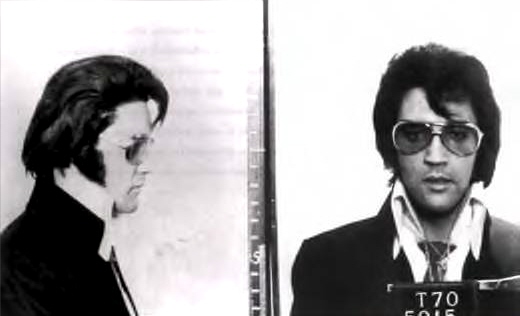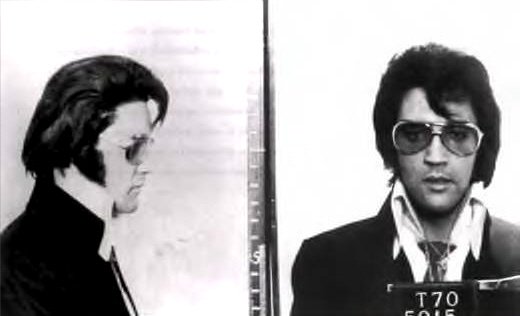
Last month, Google launched an algorithm that specifically extracts mugshot websites from showing up at the top of search engine results. Sites that feature mugshots pull the images from government sites and then develop well-ranking landing pages so that if you Google the name of somebody who has ever been arrested, the result shoots to the top of the search results.
Why Google Created an Algorithm for Mugshots
Mugshot sites created controversy among the public and then the government as it can give a false impression of somebody. The images do not inform the audience whether or not they were found guilty or innocent of the charges, whether it’s for traffic tickets or child abuse. All past arrests are available and the websites charge $30-$400 to have the pages removed, which some argue is extortion.
Besides potentially experiencing public shame or losing out on a job, Google actually developed this algorithm because many mugshot sites conflict with Google’s guidelines. When people search a person’s name, this algorithm prevents mugshot site pages from ranking above all others. This algorithm comes as a relief to those who were afraid of possibly losing their jobs as well as how friends and family would perceive or react to their own personal mugshots.
Who the Mugshots Algorithm Affects
Sites such as Mugshots.com argue that the algorithm puts the public in potential danger. However, seeing as how mugshots are available through government and news sites, this would not prevent people from finding out arrest records if they spent a little more time investigating. As far as public safety goes, people ought to continue practicing common sense and not put themselves in a risky situation, like we all learned to do in our lives before Googling people.
Businesses that are searching current or potential employees should be able to rely on background checks when hiring rather than Google or Facebook. Some local governments attempted to create laws to block mugshots sites but reporters stated that this violated the First Amendment and governments cannot regulate material for being distasteful.
However, Google does have that power to censor what their search engines show and they do it very seldom with exceptions. The algorithm does have its flaws still but to those whose past arrests no longer show up as #1 on search results, they can breathe a sigh of relief.

